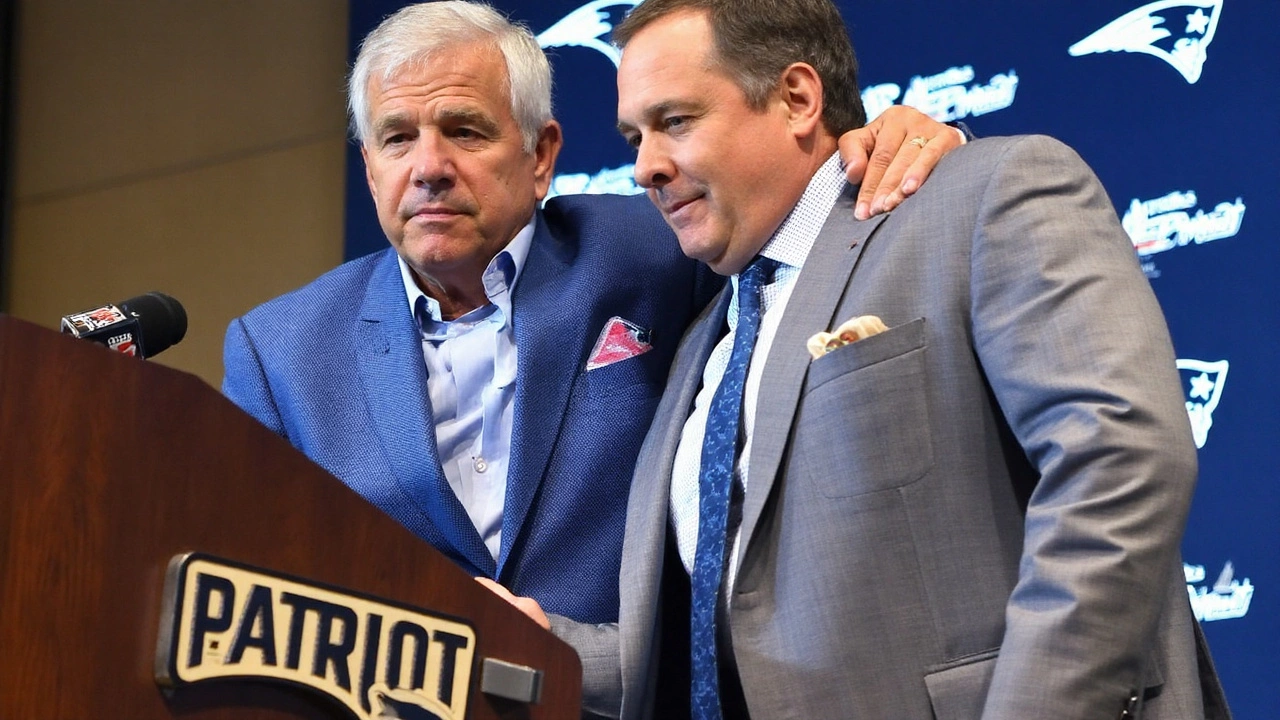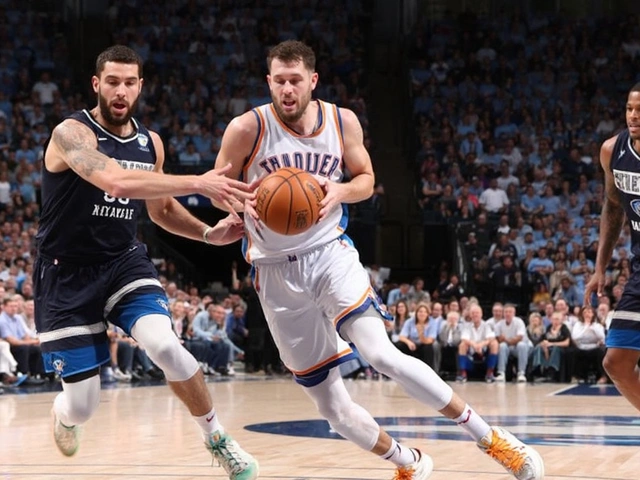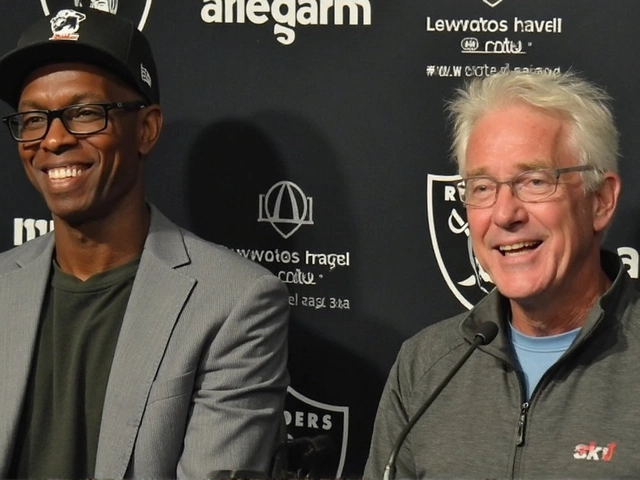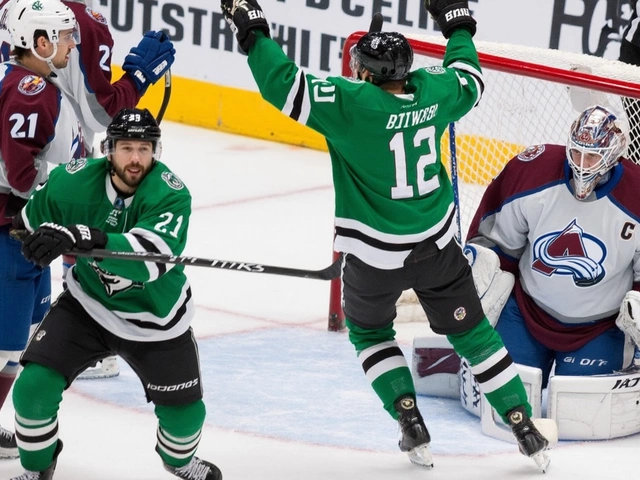From dynasty to divorce: the split that won’t go quiet
Six Super Bowls usually buy peace. Not here. What started as a carefully choreographed January 2024 “mutual decision” to part ways between Bill Belichick and New England Patriots owner Robert Kraft has become a long, public tug-of-war over credit, control, and what really ended the NFL’s defining dynasty of the 21st century.
They shared a podium for the goodbye. The smiles were polite, the words even. But even before that press conference ended, people inside the league suspected it wasn’t mutual. The friction had been building for years—over roster calls, staffing choices, and the kind of ownership involvement that can lift or derail a franchise, depending on who’s telling the story.
On paper, the partnership is untouchable: six Lombardi Trophies, a two-decade run that made “Patriot Way” part of the sport’s language, and records across seasons, playoffs, and points. But dynasty math changed after Tom Brady left for Tampa Bay in 2020 and immediately won a ring. Post-Brady, the Patriots stumbled: 7–9 in 2020, a 10–7 rebound in 2021 with a quick playoff exit, then 8–9 in 2022 after a muddled coordinator experiment, and a 4–13 bottoming-out in 2023. The wins dried up. The questions didn’t.
Kraft saw a program that had lost its offensive identity and missed on too many early draft picks and expensive free-agent swings—think the wrong receivers and tight ends for the system, the wrong fit for the quarterback, and a revolving door of staff voices. He’d empowered Belichick as coach and de facto GM for years. He also bristled in later seasons at moves that didn’t cash in. Defenders of the owner point to the cash spending that surged in 2021 and a willingness to invest in facilities and staff. Detractors say the football side needed less meddling and more patience as the roster turned over.
Belichick’s view is different. He walked away from the Jets job in 2000 and took over a Patriots team with cap headaches and a spotty draft record. He believes he rebuilt the entire football operation—scouting, development, culture—then kept it humming through three separate title waves (2001–2004, 2014, 2016–2018). That’s not just coaching; that’s architecture. He’s long argued that sustained success requires one aligned operation, not a committee run by business people and optics.
That’s why his comments since taking the head job at the University of North Carolina hit like a brick in New England. In a Boston Globe interview, he praised the college setup as more cohesive—no owner, no owner’s son, fewer marketing entanglements. Everyone heard the subtext. Jonathan Kraft, the owner’s son and club president, has held a larger voice in team matters for years. Belichick didn’t name him. He didn’t have to. The message landed anyway.
The memoir made the rift impossible to ignore. Belichick’s “The Art of Winning: Lessons from My Life in Football” includes acknowledgments for 363 people. Robert Kraft isn’t one of them. On CBS Sunday Morning, Belichick brushed it off—his book, his direct experiences, his call. In Foxborough, the omission spoke louder than any chapter.
Control and credit have always shadowed great partnerships. Kraft frames his risk in 2000 as the hinge that changed everything: he traded for a coach with a 36–44 mark in Cleveland, gave him sweeping authority, and then held his nerve through a 5–11 first season. From there, they won. Belichick frames his risk as the one that mattered: he walked away from a prime job, took over a flawed program, and built a machine so strong it could win with dozens of supporting-cast changes and three different eras of offense. Both men can point to receipts—and to scars.
The recent public volleys are only part of the story. The battle for how history is told is happening on screen, too. Apple TV’s “The Dynasty” docu-series reignited old arguments and drew fresh blood. People close to Kraft saw it as a case for stewardship and stability in chaos. People close to Belichick saw a slant that undercut the coach’s role in player development and personnel standards. For fans, it underscored a blunt truth: both sides want the last word on what the dynasty was—and what it wasn’t.
There’s also the quarterback elephant in the room. Brady’s exit in 2020 reset the calculus. The Patriots cycled through Cam Newton, then drafted Mac Jones. The 2021 bounce looked like a blueprint. Then came 2022’s offensive staff shuffle, a step back in Jones’s development, and a 2023 offense that couldn’t protect, couldn’t separate, and couldn’t score. The defense wasn’t the problem. The roster fit around the quarterback was. Kraft and Belichick never fully aligned on how to fix it—or how quickly.
Layer on a decade of draft misses in premium places—wideout, tackle—and you get a slow drip of erosion. Some picks popped. Too many didn’t. When you’re thin at the spots that win in January, the ground moves fast under your feet. That made every decision feel heavier and every disagreement feel existential. By late 2023, the relationship felt like it was running on fumes.
We’ve seen this movie. The Cowboys split Jimmy Johnson and Jerry Jones after back-to-back titles in the 1990s and paid for it in the years that followed. Egos, credit, and control don’t share space well. The Patriots’ version came later, lasted longer, and produced more trophies. The end still followed the same script—just with more cameras and more platforms to keep the argument alive.
What comes next: UNC, a Patriots reset, and a legacy fight that won’t end soon
Belichick’s choice surprised plenty of NFL people: college over another pro shot. He was linked to openings after the split, then pivoted to Chapel Hill, where the job is different but the leverage can be greater. The transfer portal and NIL world allow a fast rebuild if you align boosters, recruiting staff, and a head coach with a clear plan. There’s no owner over your shoulder, no league office managing parity, and fewer corporate layers between idea and action. There’s also a new kind of politics—collectives, fundraising, and retention—but that’s a kind of control Belichick seems to prefer.
The fit at UNC makes football sense, too. It’s a program with real resources, a fertile recruiting footprint, and recent NFL-caliber quarterbacks. Belichick inherits expectations and attention. He also inherits time—more than he’d likely get in the pros—if the foundation looks sound early: line-of-scrimmage play, defensive benchmarks, and a portal plan that targets needs instead of headlines. Expect an NFL-style organization in college clothes: bigger scouting ops, tighter situational teaching, and a heavy emphasis on complementary football.
Will he return to the NFL? Never say never. The all-time wins chase is still out there. He’s close, but not there. Bridging that final gap might require the right owner, the right quarterback, and the right runway. For now, UNC gives him the thing he’s been hinting at for a year: a room he can control without business interests steering football calls.
The Patriots, meanwhile, are moving on. They’ve shifted to a younger voice on the sideline and a fresh blueprint in the front office. The roster is turning over at priority spots, with a new plan at quarterback and a lean into player development that mirrors the earlier years of the dynasty more than the end. Around the league, the consensus is simple: if they rebuild the trenches and get the passing game right, the defense can carry its weight. If they don’t, it won’t matter who’s calling plays.
Legacy sits in the background of every one of these moves. Kraft is building out the franchise’s history—ceremonies, Hall of Fame moments, and a coherent story for new fans who didn’t live through 2001–2019. Brady’s night in Foxborough showed how powerful that can be. Belichick’s night, whenever it comes, will be more complicated. The question isn’t whether he’ll be honored. He will. The question is how they script it while this feud still simmers.
The credit debate will never resolve cleanly. Brady was the best quarterback of all time and the most efficient problem-solver a coach could have. Belichick built a defense and a situational football culture that squeezed wins out of thin margins for two decades. Kraft made the bet in 2000—sending compensation to the Jets to get Belichick—then let football people run football, right up to the moment he felt the machine needed a reset. All three claims are true. All three are incomplete on their own.
If you’re looking for a truce, the model is clear: time and distance. The Cowboys needed years before Johnson and Jones could share oxygen again. In New England, any thaw likely comes around anchor dates—anniversaries, statue talks, and hall inductions. The fans will be ready. The participants might need longer. In the meantime, they’ll keep making their case in interviews and documentaries and, yes, acknowledgments pages.
There’s a practical angle to all this, too. The public jabs aren’t just ego. They shape how the next employer, recruit, or free agent sees you. Belichick’s UNC comments tell boosters and high school coaches that he wants football decisions insulated from non-football agendas. Kraft’s message to the league is that he’ll invest, he’ll celebrate the past, and he’ll pivot when the model stops working. Both are recruiting pitches, just aimed at different audiences.
For fans trying to make sense of it, the cleanest frame is this: great partnerships are fragile because the margins are tiny. Once the trust bank empties—miss by miss, season by season—every small difference feels like sabotage. That’s how a six-ring partnership ends up arguing about who took the bigger risk 25 years ago and who got thanked in a book.
The scoreboard of the future will judge both men again. Belichick now has to build in a chaotic college market and show that his process wins without an owner’s shadow—or Tom Brady’s brilliance. Kraft has to prove the next version of the Patriots can develop a quarterback, draft difference-makers on the perimeter, and get back to playing January football in Foxborough. If they do those things, the rhetoric fades. If they don’t, the finger-pointing keeps its microphone.
Familiar parallels say the noise won’t stop soon. The Johnson–Jones split still colors Dallas. The Phil Jackson–Jerry Krause divide echoes in Chicago lore. When the story is that big, the arguments outlive the participants’ careers. New England’s will, too.
However it plays out, the facts of the rise remain stunning—and worth putting in order, because that’s what both sides are fighting to own.
- 2000: Kraft trades for Belichick after his one-day tenure with the Jets. The Patriots go 5–11 in Year 1.
- 2001–2004: Three titles in four seasons launch the dynasty and a new NFL era.
- 2007: A 16–0 regular season and a near-miss in the Super Bowl cement the Patriots as the league’s standard-bearer.
- 2014, 2016, 2018: Three more Lombardis, including the 28–3 comeback and a defensive clinic against the Rams.
- 2020: Brady leaves. The roster transitions. The offense resets.
- 2021–2023: Flashes, setbacks, and then a 4–13 crash that forces the hard conversation.
- January 2024: Kraft and Belichick part ways, calling it mutual. Few believe it stayed that way.
- 2024: “The Dynasty” stirs debate over who did what. Belichick’s book omits Kraft. The subtext becomes text.
- After the split: Belichick takes UNC, praising the freedom of a college model. The Patriots retool and look for a new identity.
The rings won’t disappear. Neither will the rift. And until wins start stacking up again in Foxborough and in Chapel Hill, the loudest sound around the Patriots dynasty will be two architects arguing over who drew the blueprint.





